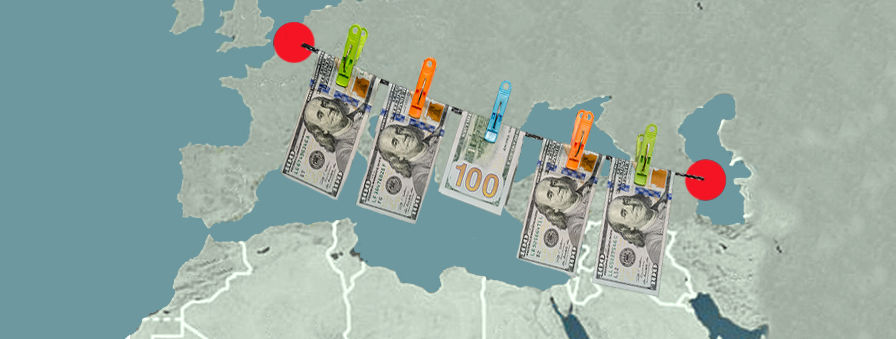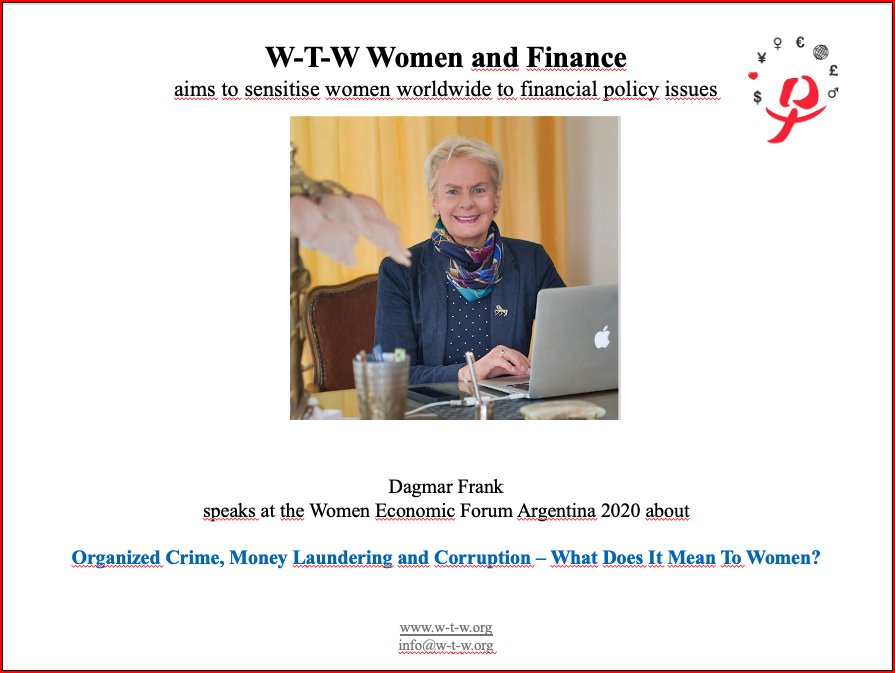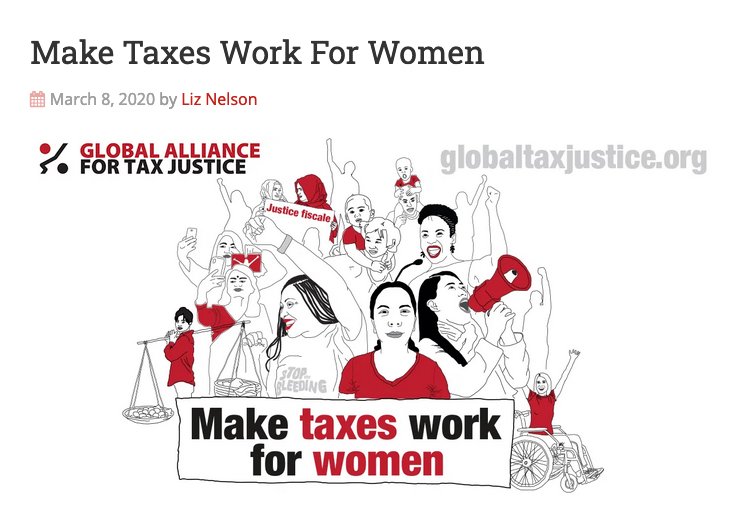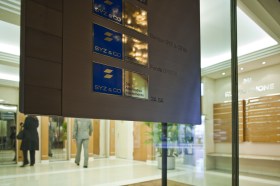 FINMA described the bank’s money laundering processes as “inadequate” and reprimanded it for a breach of its duty of due diligence in relation to anti-money laundering rules.
FINMA described the bank’s money laundering processes as “inadequate” and reprimanded it for a breach of its duty of due diligence in relation to anti-money laundering rules.
The Swiss financial market regulator FINMA has reprimanded Bank Syz for breaching money laundering rules involving a business relationship with an Angolan client.
“FINMA found that the bank did not make sufficient efforts to investigate the substantial growth in the client’s assets,” the financial watchdog said in a statement on September 24. “The bank did not adequately resolve issues that should have raised suspicions, even though the client was identified as having links with politically exposed persons (PEP) and the relationship was classified in this category.”
It added that the private bank had “failed to fulfil, or did not adequately fulfil, its obligations to clarify high-risk transactions by the client, which were in some cases in the tens of millions”.
FINMA described the bank’s money laundering processes as “inadequate” and reprimanded it for a breach of its duty of due diligence in relation to anti-money laundering rules.
However, it did not issue any financial penalties. The bank had reported the case to FINMA, which had led to an in-depth investigation in February. It said it would appoint an independent auditor to oversee the bank’s implementation of new compliance measures.
High salaries aren’t what they seem in Switzerland
If you are a male banker, a Swiss diplomat or a foreign CEO in Switzerland, chances are you are living quite comfortably.
“The bank attaches the utmost importance to compliance with its anti-money laundering obligations,” it told Reuters in an emailed statement. “Unfortunately, for a specific business relationship, the procedures put in place proved to be inadequate.”
Geneva probe
The affair dates back to 2018 but only recently became known through a decision by the Geneva Criminal Court, published by the Swiss justice portal Gotham City.
According to the NZZ newspaper, the case concerns Angolan-Portuguese businessman Carlos Manuel de São Vicente, who is being investigated by Geneva’s judicial authorities on suspicion of money laundering.
Based on a report of suspected money laundering submitted by Banque Syz to the Money Laundering Reporting Office Switzerland, the Geneva public prosecutor’s office ordered account freezes totalling CHF1.1 billion ($1.2 billion) at the end of 2018. Following a partial release, around $900 million remains frozen.
On July 9 the court rejected an appeal by Carlos Manuel de São Vicente to unblock the funds. On September 15 it was reported that Angola had asked Switzerland for legal assistance concerning the money frozen in Geneva and reportedly connected to the Angolan-Portuguese businessman…swissinfo.ch
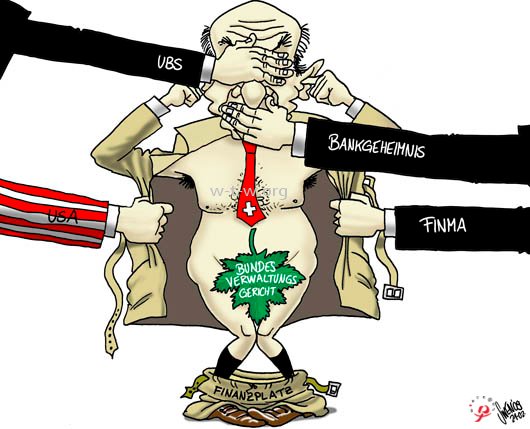
Silavan Wegmann
www.w-t-w.org/en/silvan-wegmann


